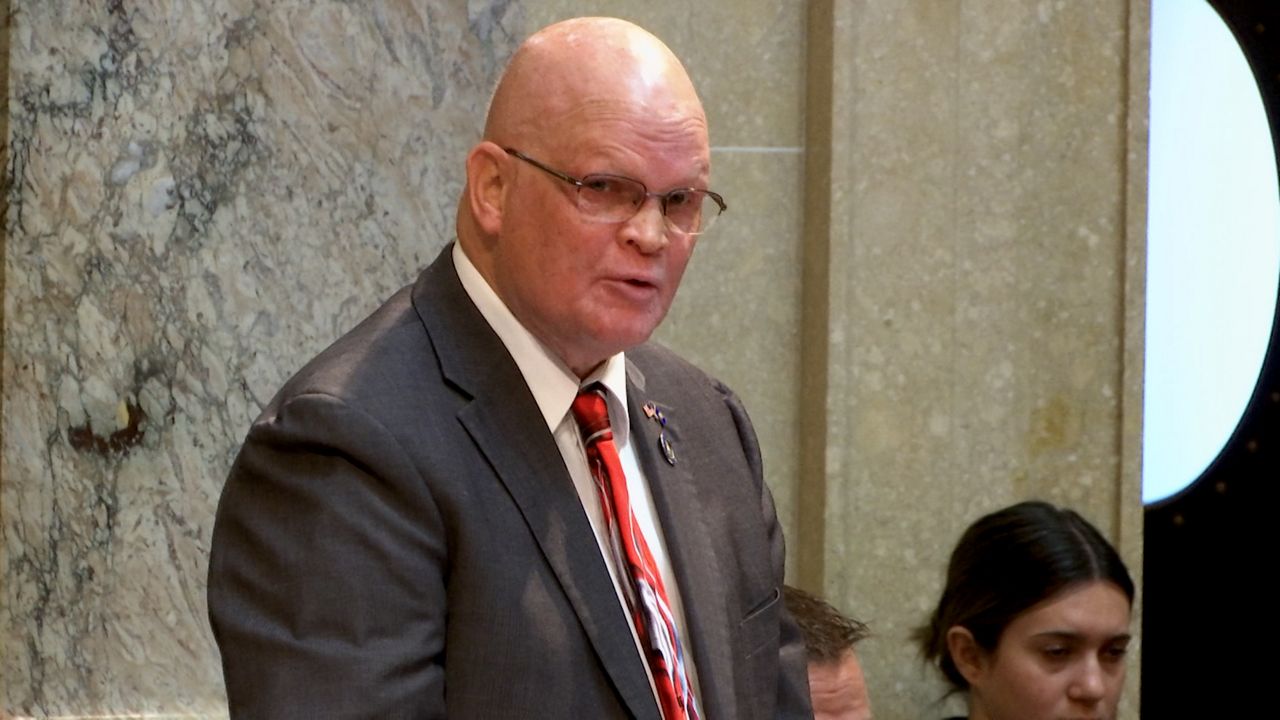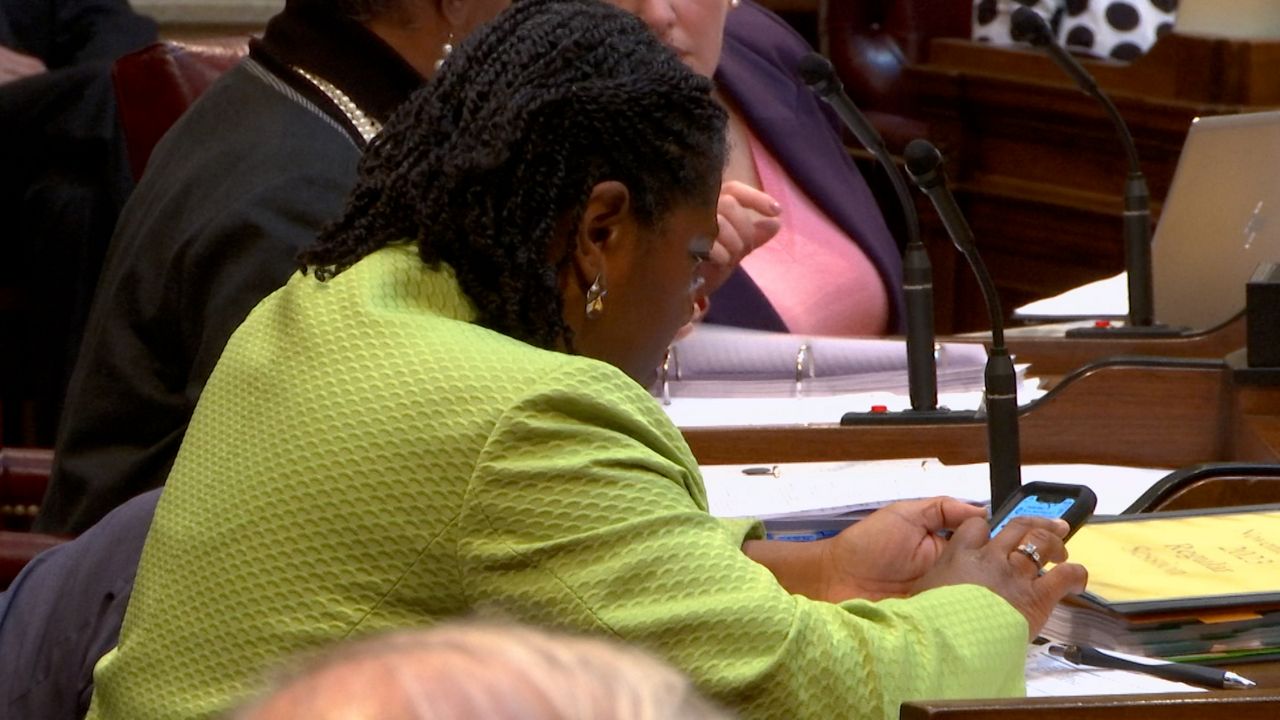MADISON, Wis. — The Milwaukee Brewers are one step closer to staying in Wisconsin for the next 27 years after a plan to fund repairs to the place they call home, American Family Field, cleared what was arguably its biggest hurdle Tuesday.
The deal has been in the works since September, and despite a Senate Republican supermajority, it took reaching across the aisle to Democrats to muster up the minimum 17 votes needed.
The Senate approved the legislation on a 19-14 vote on Tuesday morning. The Assembly followed suit Tuesday evening, passing the proposal 72-26. The bill now heads to Gov. Evers desk, where he is expected to sign it into law.
More last-minute changes to get the deal done weren’t a surprise. Among the biggest was an increase in the ticket tax for non-baseball events to help drive down the state’s share of the funding package.
“What we are doing today is ensuring that a foundational, iconic part of Wisconsin remains in Milwaukee and that we’re not losing money at the same time,” Minority Leader Sen. Melissa Agard, D-Madison, said during floor debate. “We can do this bipartisan work again. We’ve done it a couple of times this session, and we can continue doing it.”
In the end, eight Democrats joined 11 Republicans in voting for the pair of funding bills.
Going into floor session Tuesday, the amended bill included a $2 tax on general admission event tickets and $8 for luxury suites. The latest approved changes now increase that fee twice over the course of the 27-year deal, which is estimated to generate $20 million and bring the state’s contribution down to $365 million.
“No taxpayer dollars are going to the Brewers,” State Sen. Dan Feyen, R-Fond du Lac, explained of the legislation he helped craft. “All monies will go to the stadium board, and the board will have to vote each and every time taxpayer dollars are spent.”

Concerns about local representation on the stadium district board were also a hang-up, especially with the City of Milwaukee and Milwaukee County contributing a combined $135 million.
Additional picks by the governor were added to the legislation, but they must come from lists provided by the city and county. Those selections will not be subject to Senate approval under the deal.
Even so, the changes made were not enough to convince other Republicans and Democrats.
“Along comes this item, $300-$400 million in taxpayer money across the state and no audit,” State Sen. Robert Cowles, R-Green Bay, pointed out. “I ask the question: why not?”
State Sen. Tim Carpenter, D-Milwaukee, remembers when the first stadium deal passed in 1995.
“I’m a little skeptical. I’ve seen this dance before, and I kind of know what the outcome is,” Carpenter told his colleagues. “Mark Attanasio will sell the team and make an even larger profit. The Brewers will be back here around 2035 saying this ballpark is inadequate, outdated, and we want a brand new $1.5 billion stadium.”
Ultimately, State Sen. LaTonya Johnson was the only Milwaukee Democrat to support the bills.

Lawmakers in the Assembly were also expected to vote on the funding bills Tuesday, and rubber stamp the changes approved by the Senate earlier in the day.
Last month, the Assembly passed a previous version of the ballpark funding deal, but with the changes made in the Senate, lawmakers need to approve the bills again before sending them to Gov. Tony Evers’ desk.
State Rep. Robert Brooks, R-Saukville, who spearheaded the effort in the Assembly, told reporters none of the amendments come as a surprise.
“During my testimony before the Senate, I identified all of these issues as potential open issues and potential amendments, so our caucus is not surprised by any of this,” Brooks explained. “We anticipated it, so I would assume we would pick up a couple of votes today, but that’s me being optimistic as always.”



